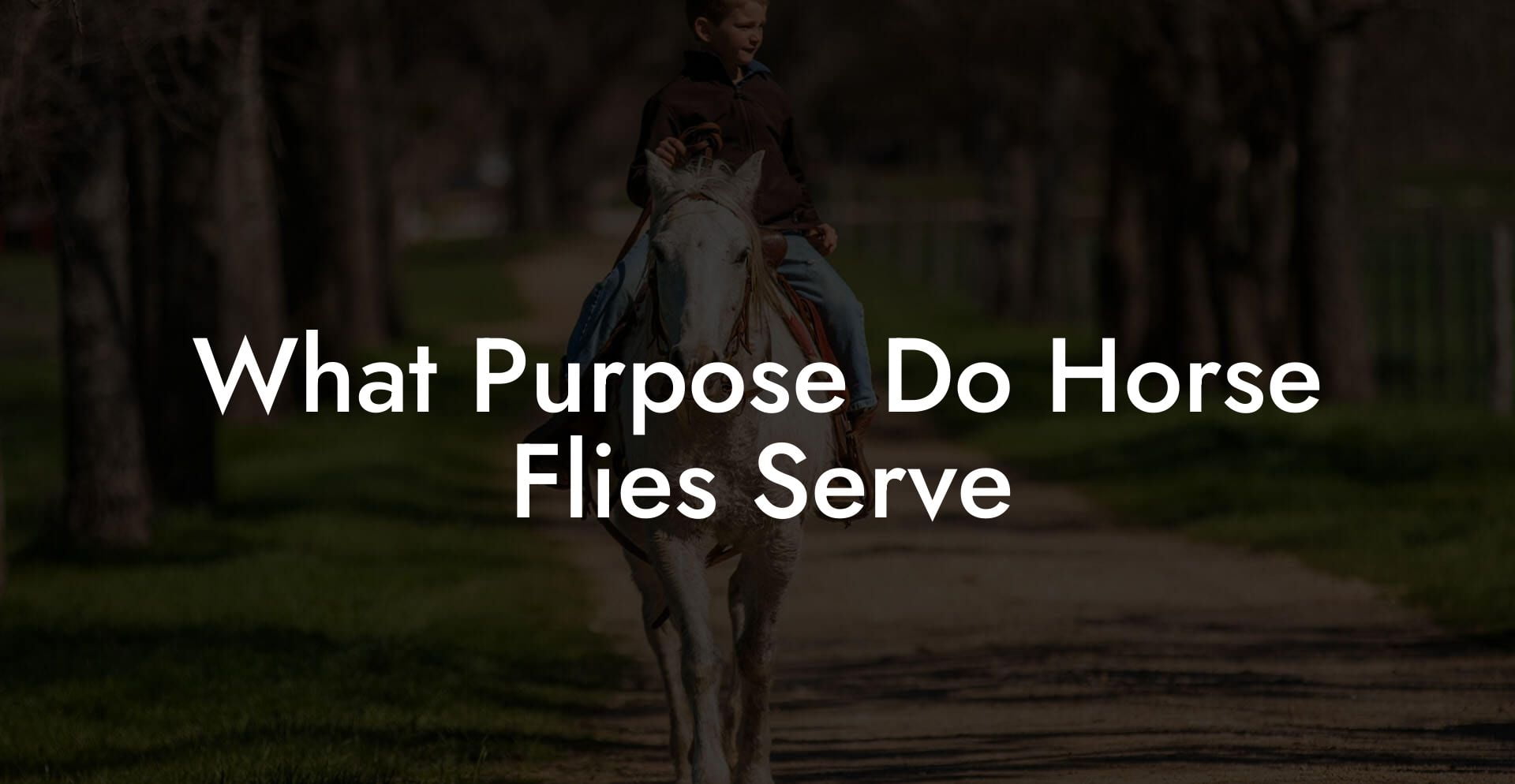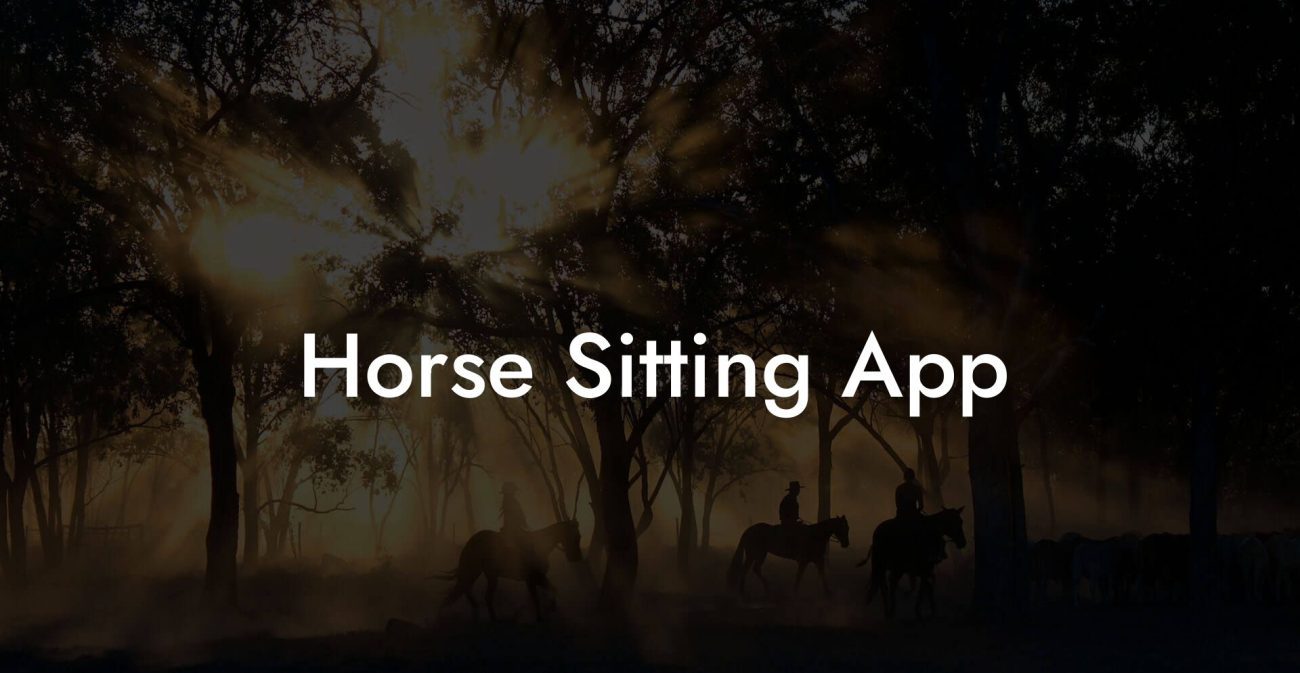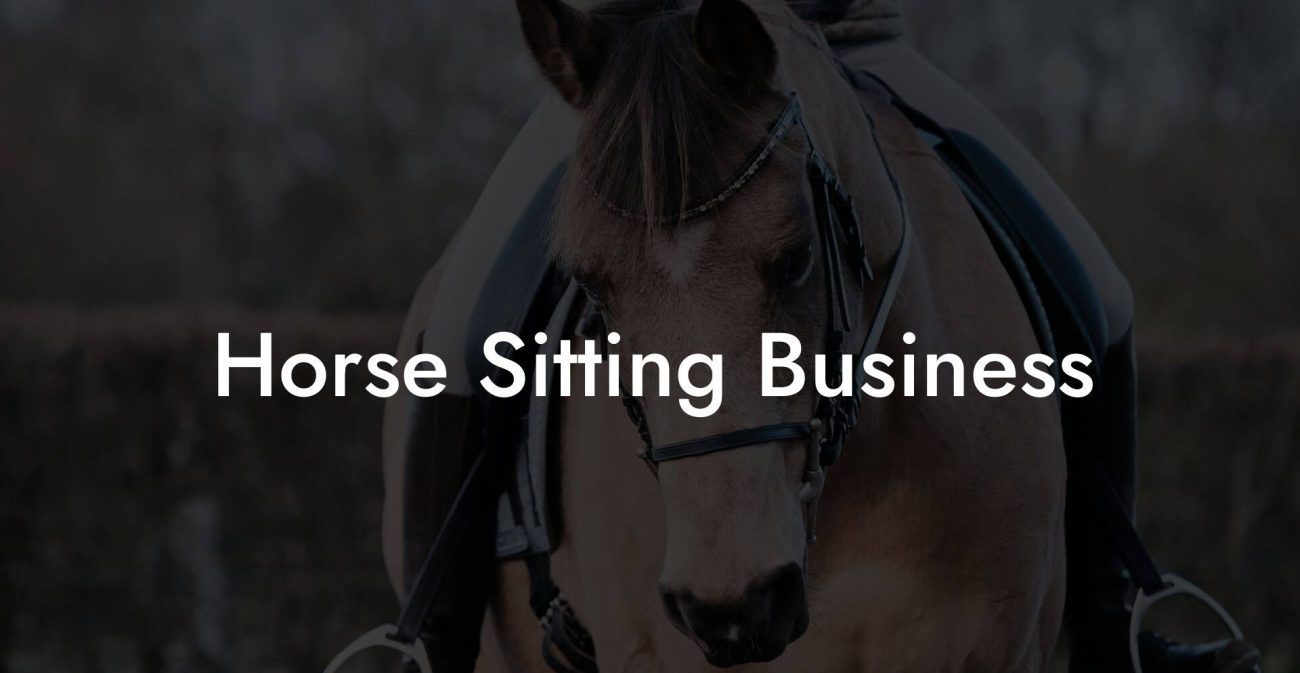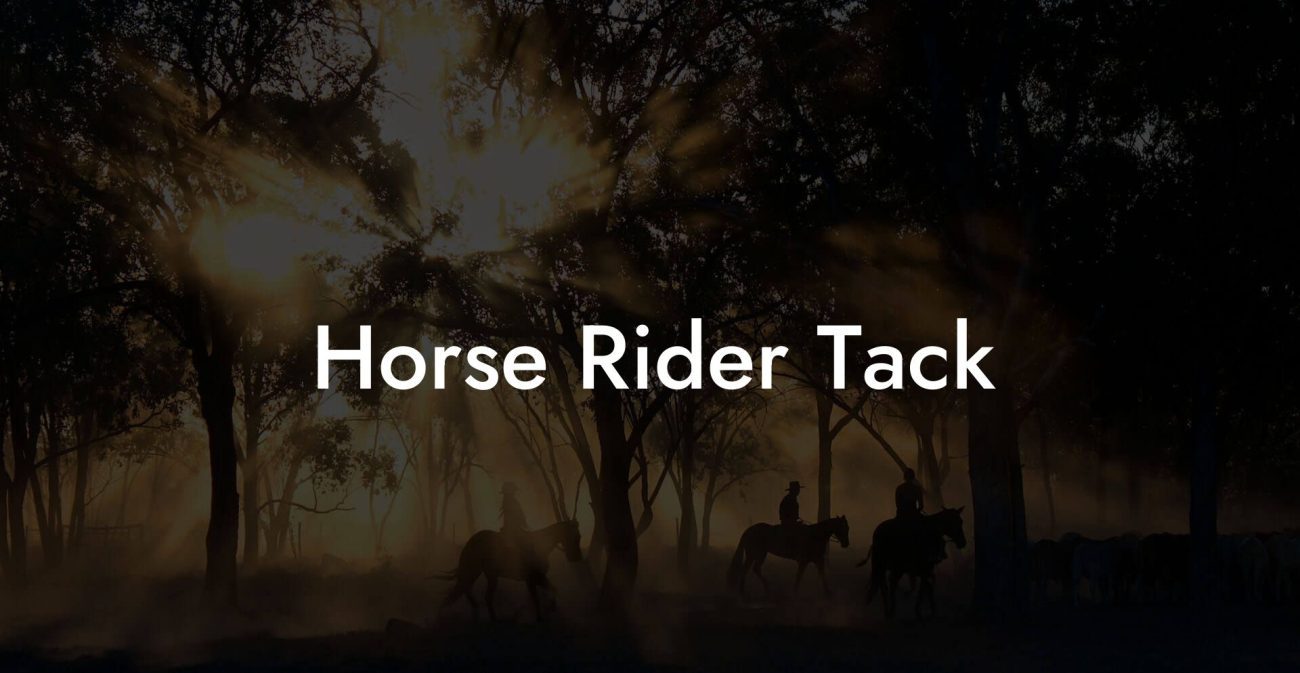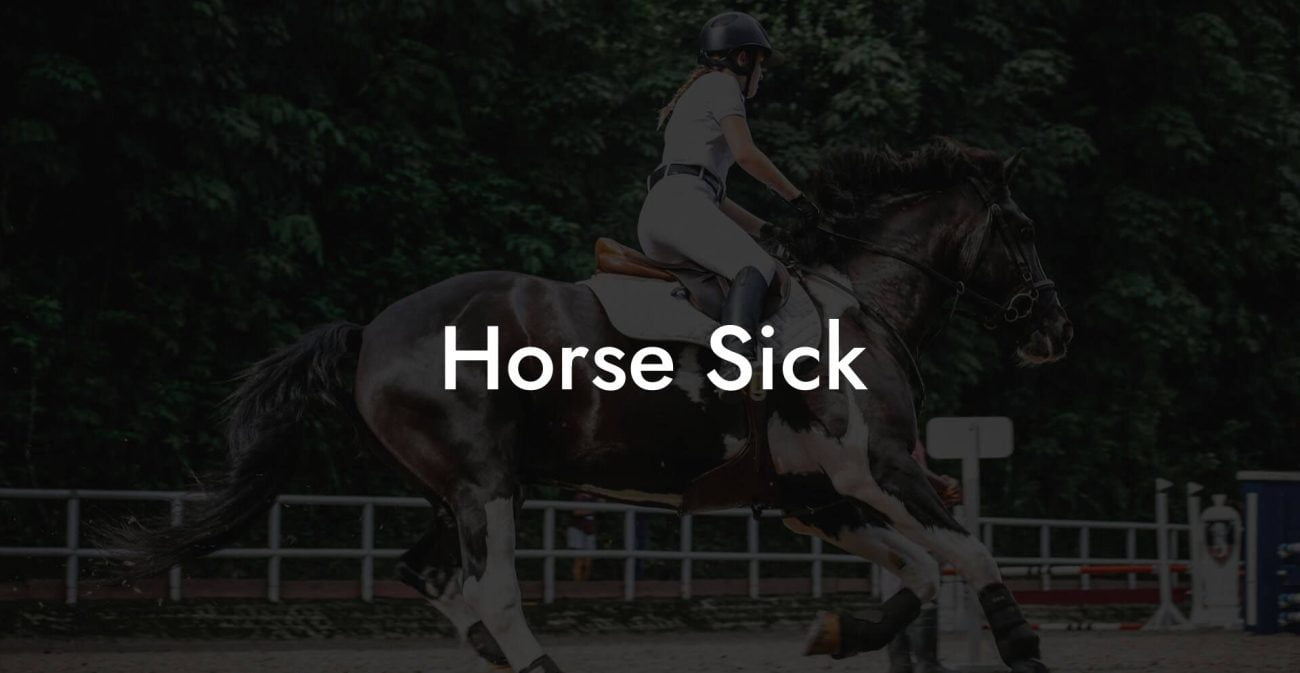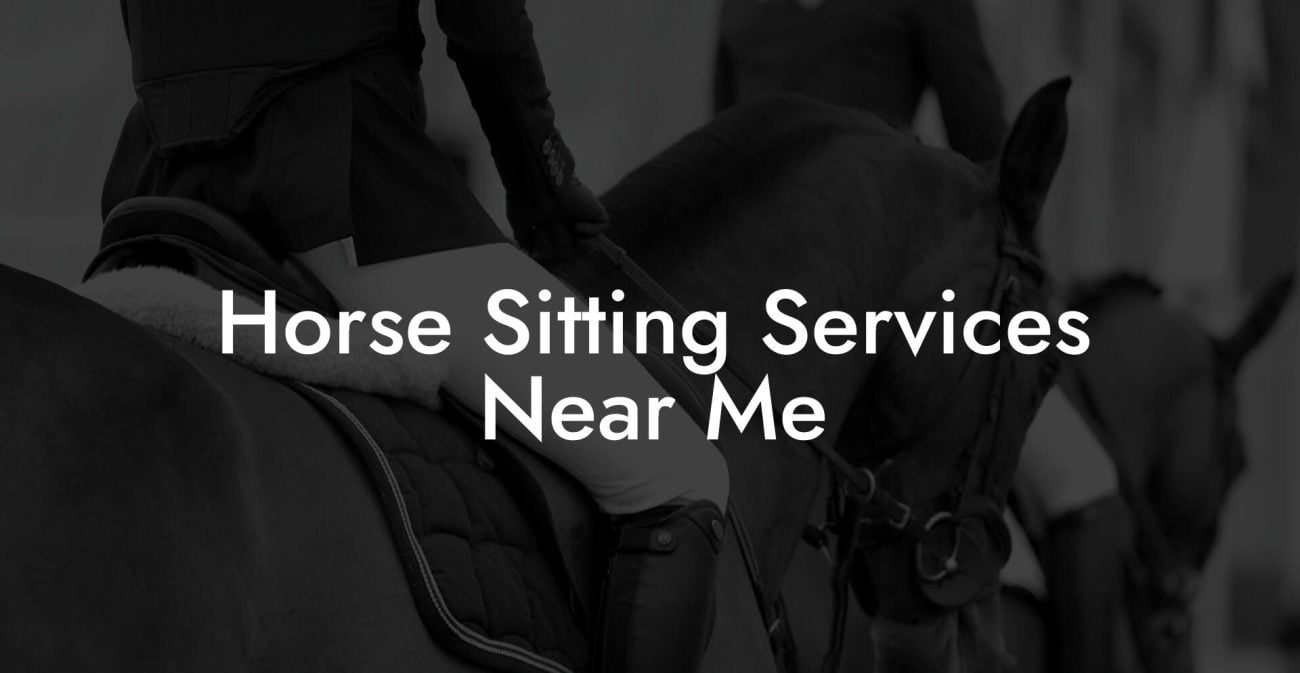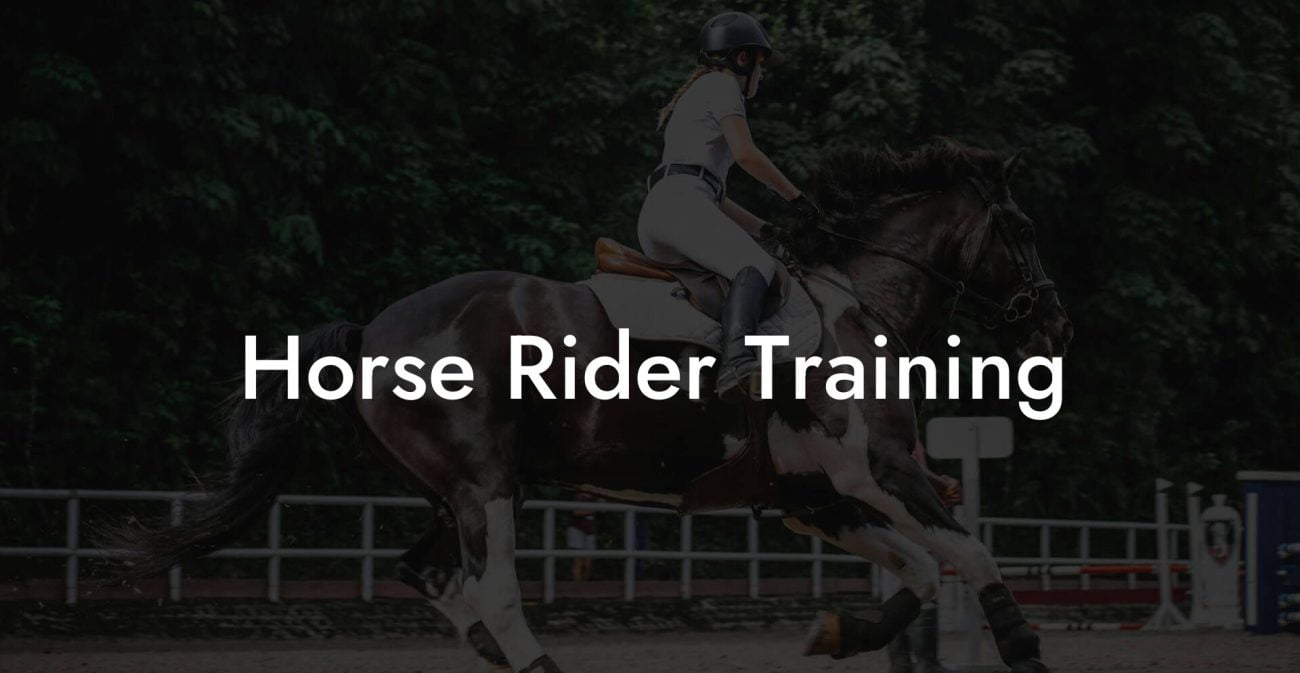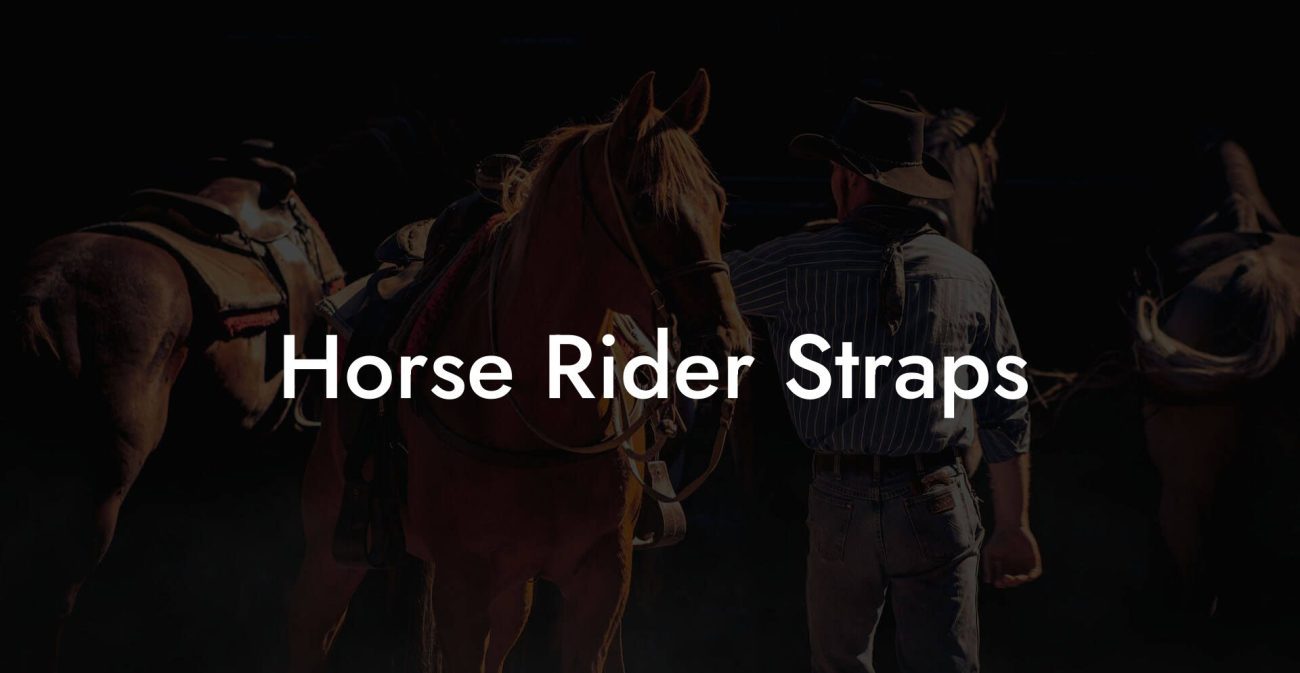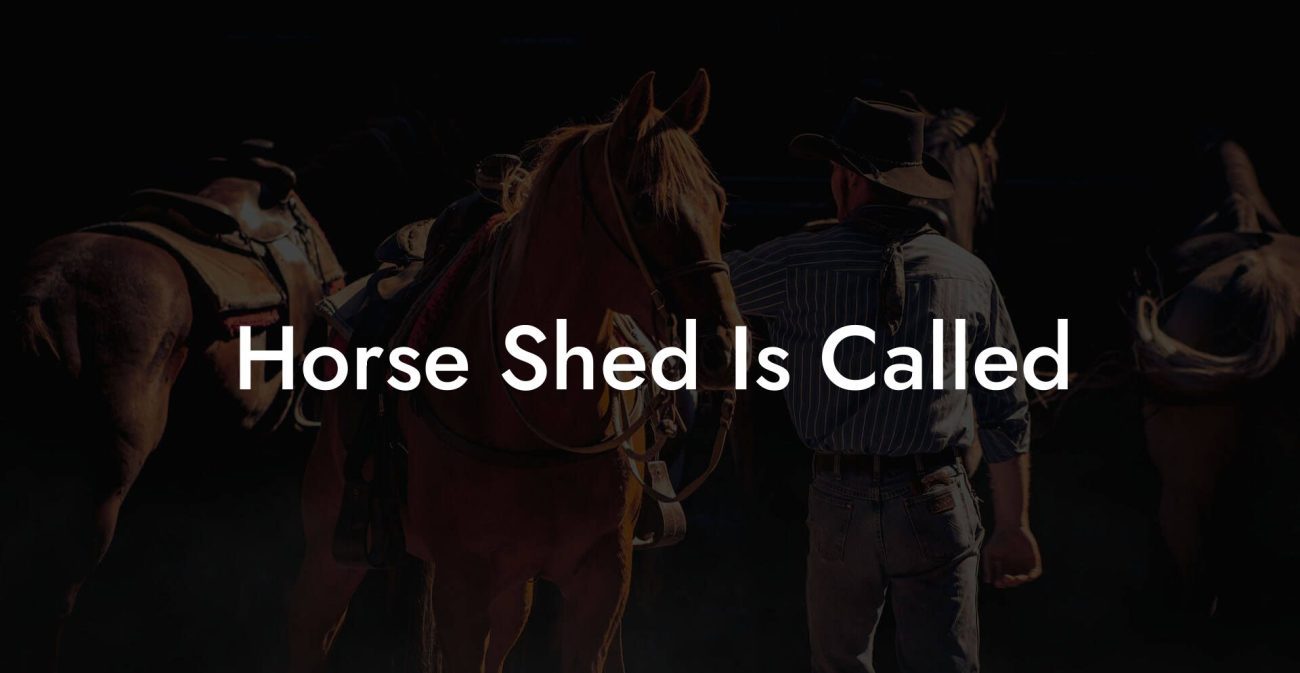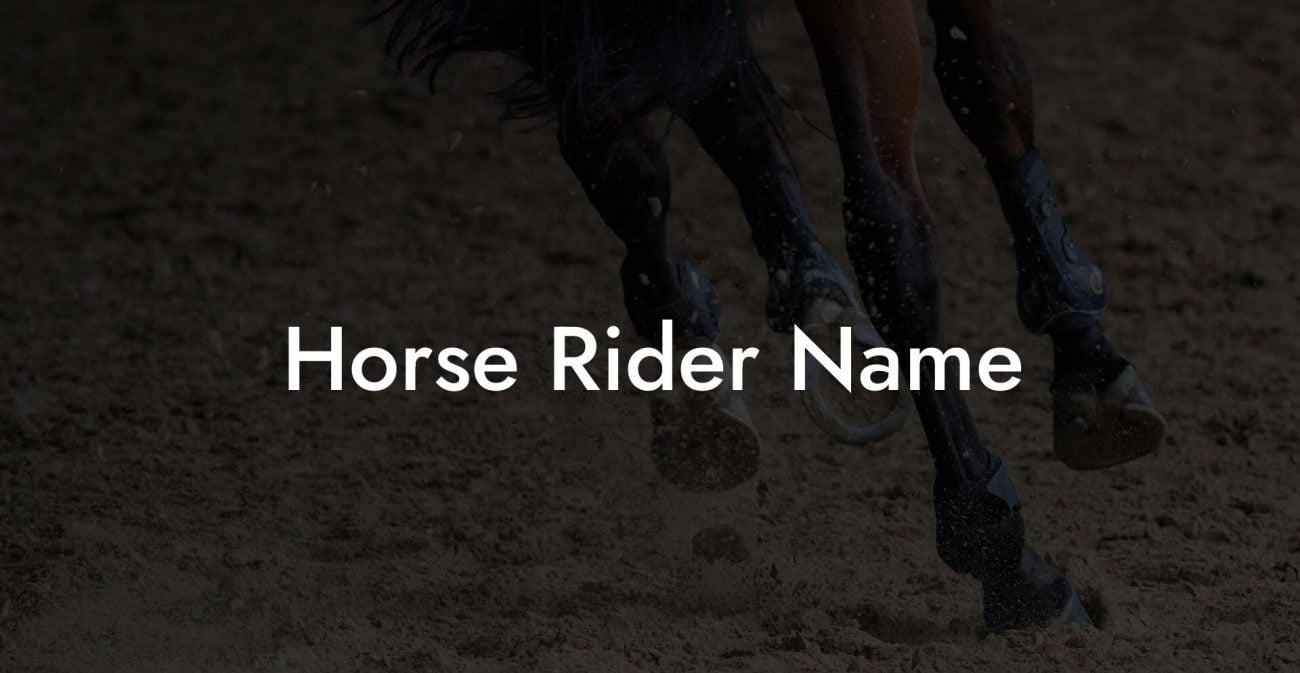Ever wondered if the relentless buzzing and persistent bites of horse flies might actually be nature’s quirky way of keeping the ecosystem in balance? While it may seem like these pesky insects are on a mission to annoy both horses and their human caretakers, horse flies play a surprisingly intriguing role in the natural world. Buckle up as we dive into the bizarre life of horse flies, explore their secret superpowers, and uncover how understanding them can even help you care for your beloved equine friends.
Quick Links to Useful Sections
- The Origin Story of Horse Flies: More Than Just a Nuisance
- What Purpose Do Horse Flies Serve? Revealing Their Ecological Edge
- The Life Cycle and Natural Behaviors of Horse Flies
- Unmasking the Dual Identity: Harmful Biter or Ecological Hero?
- Horse Flies and Equine Care: How Do They Affect Your Horse?
- Beyond the Bite: The Environmental Contributions of Horse Flies
- The Science Behind Horse Fly Bites: Why Do They Hurt So Much?
- Strategies for Managing Horse Flies in Equine Care
- Prevention: Keep It Clean and Dry
- Natural and Chemical Repellents
- Protective Gear for Horses
- Integrated Pest Management (IPM)
- Debunking the Myths Surrounding Horse Flies
- Myth 1: Horse Flies Serve No Purpose Other Than to Annoy
- Myth 2: All Horse Fly Bites Lead to Serious Disease
- Myth 3: The Presence of Horse Flies Means Your Environment Is Unhealthy
- Pioneering Research and Future Directions in Horse Fly Studies
- Resources and Community Support: Your Next Steps
- Frequently Asked Questions About Horse Flies and Equine Care
- Your Buzzing Future: Embracing Nature’s Intricate Design
The Origin Story of Horse Flies: More Than Just a Nuisance
Horse flies, known scientifically as members of the Tabanidae family, have been buzzing around for millions of years. Far from being a modern invention of evolution, these insects are ancient survivors that have adapted to a myriad of ecological niches. Their storied past is as riveting as a roller coaster ride, filled with evolutionary twists that turned them into the industrious (if somewhat annoying) bloodsuckers we know today.
For centuries, horse flies have been both admired and despised by equestrians and outdoors enthusiasts alike. Early naturalists marveled at their impressive size, agile flight, and, of course, their infamous biting technique. In fact, while the mosquito might get most of the blame for those summer itch-fests, horse flies are the true experts in delivering a sharp, sometimes painful reminder that nature isn’t always a gentle babysitter.
Despite their reputation, horse flies are more than just harbingers of irritation, they're a key cog in nature’s intricate machinery.
What Purpose Do Horse Flies Serve? Revealing Their Ecological Edge
At first glance, it might seem like horse flies exist solely to test our patience (and our horses’ tolerance for itchy bites). However, digging a little deeper reveals an ecosystem where every creature, including horse flies, plays a vital part. Their “purpose” isn’t about tormenting horses or causing havoc; it’s about maintaining a delicate balance in nature.
Horse flies are voracious feeders, and while their method of obtaining a meal, biting and sucking blood, certainly lands them in the “pest” category for horse owners, this behavior actually supports a balanced food web. By feeding on large mammals, these insects not only extract necessary nutrients but also serve as a critical source of protein for an array of predators. Birds, bats, amphibians, and even other insects rely on horse flies for sustenance, making them indispensable players in the natural cycle.
In a way, horse flies are like the eccentric neighbors of the insect world: they might be a bit overbearing, but life would be pretty dull without them. Their presence can signal healthy biodiversity in an ecosystem, where every organism, no matter how bothersome, contributes to the broader narrative of survival and adaptation.
The Life Cycle and Natural Behaviors of Horse Flies
To truly appreciate the role of horse flies, it’s essential to understand their life cycle, which is as complex as your favorite binge-worthy series. Their existence begins in aquatic or moist terrestrial environments where the larvae thrive. These larvae, far from the glamorous flight stage, play a crucial role in breaking down organic matter, thereby recycling nutrients back into the soil. In other words, while adult horse flies might be busy annoying you at the park, their humble beginnings are all about supporting life in a beautifully balanced ecosystem.
Once they mature into adults, both male and female horse flies take to the skies, but only the females are in the business of bloodsucking, a necessary evil to produce eggs for the next generation. Their feeding habits, although painful for their victims, are a brilliant evolutionary trade-off: the nutrients they absorb fuel their rapid reproduction, ensuring that the species continues to thrive.
But wait, there’s more! Despite their reputation as bloodsuckers, some species of horse flies also contribute to pollination. While not their primary role, as they flit from host to host, these accidental pollinators help transfer pollen from one flower to another, aiding plant reproduction. So, next time you see one buzzing around a garden, consider that it might be doing its bit to keep things blooming.
Unmasking the Dual Identity: Harmful Biter or Ecological Hero?
Let’s face it, if you’ve ever been on horseback or even just spent a summer in the great outdoors, you probably have a not-so-fond memory of a horse fly attack. Their bites can be surprisingly painful, leaving behind a buffet of welts and a reminder that nature isn’t always kind. However, in the grand scheme of things, the harm they inflict is just one side of a much bigger ecological coin.
The primary role of horse flies, when viewed through an ecological lens, is as a food source. Their sizable bodies and abundant numbers make them ideal prey for a diverse range of predators. Here’s a quick rundown of some of their natural nemeses:
- Birds: Many species of birds, especially insectivorous ones, rely on horse flies as an essential part of their diet. The agile flight patterns and quick maneuvers of these birds make them perfect hunters in environments buzzing with insects.
- Bats: Nocturnal predators, bats swoop in under the cover of darkness, feasting on horse flies and other insects, thereby helping to regulate their populations.
- Spiders and Other Insects: Ground and web-building spiders often catch horse flies that stray too close, turning an annoying pest into a nutritious snack.
This natural predation not only controls the horse fly population, preventing them from running amok, but also sustains the survival of their predators. In effect, the horse fly is a small, yet integral, cog in the machinery of life. It carries the dual identity of being both a potential nuisance and an ecological hero, a role that is quintessentially reflective of nature’s complex interplay.
Horse Flies and Equine Care: How Do They Affect Your Horse?
For horse owners, the sight of horse flies is rarely a welcome one. These insects can disrupt a peaceful ride, causing stress not only to horses but to riders as well. Horse flies are notorious for their aggressive biting, which can lead to skin irritations, localized swelling, and in rare cases, secondary infections. However, a deeper understanding of these pests can lead to better strategies in equine care.
While their bites are undeniably painful, horse fly attacks can also signal important information about your equine environment. A robust presence of horse flies might indicate healthy levels of biodiversity and a balanced ecosystem, but it could also mean that water sources nearby are breeding grounds for their larvae. For those who care for horses, this awareness can be a call to action, prompting you to ensure that stables and paddocks are maintained with proper drainage and kept free of decaying organic matter.
In this light, the annoyance of horse fly bites becomes an opportunity to improve overall equine care. Strategic measures such as using natural repellents, installing fly traps, and maintaining a clean environment can minimize the negative impacts of horse flies while respecting the important role they play in nature.
Beyond the Bite: The Environmental Contributions of Horse Flies
Beyond their role as a nuisance to horses, horse flies contribute significantly to the environmental tapestry. Their existence influences a cascade of ecological processes that are often overlooked in the drive to eliminate pests.
One understated benefit of horse flies is their contribution to nutrient cycling. The larvae of horse flies live in moist environments, ranging from the edges of ponds to marshy fields, where they help break down organic matter. This process not only recycles nutrients back into the soil but also supports the growth of a variety of plants that depend on rich, fertile ground.
Moreover, the presence of horse flies is a key indicator of a diverse ecosystem. Their ability to thrive in various conditions means that their population numbers can reflect the overall health of an environment. A sudden surge or drastic decline in horse fly numbers might serve as a red flag for environmental changes that could impact the broader ecological community.
In essence, while horse flies might seem like simple irritants, they are in fact messengers of environmental balance. By paying attention to their behavior and populations, naturalists and equine enthusiasts alike can gain valuable insights into the health of local ecosystems.
The Science Behind Horse Fly Bites: Why Do They Hurt So Much?
If you’ve ever been on the receiving end of a horse fly bite, you know that the pain is no laughing matter. The secret behind this sting lies in the unique anatomy and feeding mechanism of these insects. Horse flies are equipped with razor-sharp mouthparts designed to slice through the skin and access blood vessels. This isn’t a gentle nibble, it’s a full-blown surgical incision, performed with an efficiency that would make any professional chef envious.
But why do horse flies need to feed on blood? The answer lies in reproduction. Female horse flies require a protein-rich diet to produce high-quality eggs and ensure the survival of their offspring. In contrast, male horse flies typically stick to nectar and other plant-based sugars, which means that when you encounter a horse fly aggressively attacking your horse during a sunny afternoon, you’re almost certainly dealing with a female on a reproductive mission.
The saliva injected during the bite contains a cocktail of enzymes that prevent blood from clotting, a necessary adaptation that makes feeding efficient, but which also triggers an inflammatory response in the host. This chemical intrusion results in the itching, swelling, and discomfort that so many horse owners dread.
Strategies for Managing Horse Flies in Equine Care
While completely eradicating horse flies from your environment might be neither possible nor ecologically desirable, there are plenty of effective strategies to manage their presence and protect your horses from their painful bites. The key is to adopt an integrated pest management (IPM) approach that blends prevention, monitoring, and targeted control measures.
Prevention: Keep It Clean and Dry
Since horse fly larvae thrive in moist environments full of decaying organic matter, maintaining a clean, dry, and well-drained living area for your horses is essential. Regularly inspect paddocks, stables, and water sources to ensure there aren’t any hidden breeding grounds for these insects.
Natural and Chemical Repellents
The market today is teeming with options, ranging from time-tested natural repellents (think essential oils like eucalyptus and lavender) to modern chemical sprays designed specifically for repelling biting insects. Experiment with what works best for your environment; sometimes a well-placed fly trap combined with natural repellents can reduce the horse fly menace significantly.
Protective Gear for Horses
Believe it or not, there are even products designed to protect horses from horse fly bites. Fly masks, fly sheets, and specialized sprays can provide a significant barrier between your horse and these unruly insects during peak fly season. Investing in such gear not only ensures more comfortable rides but also helps in reducing stress and potential skin irritations on your animal.
Integrated Pest Management (IPM)
An IPM approach combines cultural, physical, and biological methods to keep horse fly numbers in check without relying solely on pesticides that could harm other beneficial insects. This balanced strategy not only protects your horses but also helps maintain the natural equilibrium of your local ecosystem.
By understanding the behavior and environmental needs of horse flies, you can strike a balance between mitigating their negative impacts on equine care and appreciating their role in nature.
Debunking the Myths Surrounding Horse Flies
In the buzzing world of folklore, horse flies have accumulated a fair share of myths and misconceptions. Here are some of the most popular ones debunked:
Myth 1: Horse Flies Serve No Purpose Other Than to Annoy
Reality check: While horse flies may be dreadfully annoying, they are an essential part of the food chain and contribute significantly to nutrient recycling and the overall health of ecosystems.
Myth 2: All Horse Fly Bites Lead to Serious Disease
Although horse fly bites can be painful and irritating, they are rarely a direct cause of serious illness. That said, any bite has the potential to become infected if not properly cared for, so a little caution goes a long way.
Myth 3: The Presence of Horse Flies Means Your Environment Is Unhealthy
On the contrary, a thriving horse fly population often indicates a balanced ecosystem. Their presence signals that the environment supports a diversity of life, which includes many species that benefit from a rich, biodiverse habitat.
Dispelling these myths helps foster a better understanding of the roles played by even the most bothersome creatures.
Pioneering Research and Future Directions in Horse Fly Studies
Science is perpetually buzzing with discoveries about the intricacies of the natural world, and horse flies are no exception. Researchers are now delving into the genetics, behavior, and even the potential beneficial applications of horse fly biology. This fast-paced research isn’t just academic; it holds promise for practical applications in pest control, environmental monitoring, and even veterinary care.
Some exciting areas of study include:
- Genetic Studies: Unraveling the genetic code of horse flies can lead to breakthroughs in controlling their populations without resorting to harmful pesticides.
- Behavioral Ecology: Researchers are examining the social behaviors and mating rituals of horse flies to better understand how these interactions influence population dynamics.
- Integrated Pest Management Innovations: New approaches are being developed that leverage natural predators and environmentally friendly repellents to manage horse fly numbers in sensitive equine facilities.
As science progresses, the insights gained from studying horse flies not only deepen our understanding of these fascinating insects but also pave the way for smarter, more sustainable methods of managing their impact on horse care and the broader ecosystem.
Resources and Community Support: Your Next Steps
Venturing into the world of equine care means you’re not alone, you’re part of a vibrant community of horse lovers, veterinarians, researchers, and nature enthusiasts. Whether you’re looking for innovative strategies for fly management, scientific updates on insect behavior, or simply a supportive network of like-minded individuals, there are plenty of resources available to guide you.
Here are some ways to get involved and stay informed:
- Local Equine Communities: Join online forums and local clubs where horse owners share best practices and success stories in managing pests and optimizing farm conditions.
- Extension Services and Veterinary Associations: Many universities and veterinary schools offer seasonal guides and workshops on integrated pest management tailored for equine care.
- Online Webinars and Workshops: Keep an eye on equine events that often feature sessions on environmental management, sustainable farming practices, and the latest in equine health research.
- Scientific Journals and Publications: For those who like to dig deeper, academic journals offer a treasure trove of research articles on insect ecology and sustainable pest management strategies.
- Social Media Groups: Platforms like Facebook, Reddit, and Instagram host dynamic groups where horse care enthusiasts exchange tips, innovative ideas, and personal experiences dealing with horse flies and other challenges.
Connecting with these resources not only empowers you to provide better care for your horses but also deepens your appreciation of the intricate dance of life that includes every creature, even the most annoying horse fly.
Frequently Asked Questions About Horse Flies and Equine Care
As we unravel the mysteries of horse flies, we know you might have a few questions of your own. Here are some of the most commonly asked questions along with clear, straightforward answers to guide you in understanding these fascinating insects and their effect on equine well-being.
1. Do horse flies serve any positive role in the ecosystem?
Absolutely. Horse flies play a crucial role as both recyclers of organic matter during their larval stage and as a significant food source for predators such as birds and bats. Their incidental role in pollination further emphasizes their contribution to a balanced ecosystem.
2. Why do only female horse flies bite?
Female horse flies need protein from blood to develop robust eggs, which is why they are the ones that bite. Males, on the other hand, primarily feed on nectar and plant-based sugars.
3. Can horse fly bites cause serious health issues for horses?
While horse fly bites can be painful and lead to localized irritation or infection if improperly managed, they are generally not dangerous. However, care should be taken to prevent secondary infections, especially in horses with sensitive skin.
4. What natural methods can I use to control horse fly populations?
Effective natural methods include ensuring proper drainage to eliminate breeding sites, using fly traps and natural repellents (like essential oils), and introducing natural predators such as birds or beneficial insects as part of an integrated pest management strategy.
5. Are there benefits of having horse flies around my property?
Yes. Their presence can indicate a healthy, biodiverse ecosystem. While they may be an annoyance, horse flies help maintain food chains and contribute to nutrient cycling, both of which are beneficial for the environment.
6. How do I choose between natural remedies and chemical repellents?
It depends on your specific situation. Natural remedies are environmentally friendly and work well in balanced ecosystems, while chemical repellents might be useful in severe infestations. Often, a combined approach yields the best results.
7. What precautions should I take when using fly control products around horses?
Always choose products specifically designed for equine use, follow the application instructions carefully, and consult with a veterinarian if your horse has a sensitive skin or previous reactions to insect bites.
Your Buzzing Future: Embracing Nature’s Intricate Design
The unlikely, irksome horse fly is a testament to nature’s remarkable ability to shape creatures that, despite their annoying habits, contribute to the ecological tapestry in meaningful ways. As you navigate your journey of caring for a horse, remember that every pest, every bite, and every buzzing insect is a small part of a larger, wonderfully complex ecosystem. Embrace the fact that, sometimes, life’s nuisances have hidden benefits.
Understanding the purpose of horse flies not only enriches your experience as an equine caretaker but also connects you to a deeper narrative, one where every creature, no matter how bothersome, plays a role in sustaining the natural balance. So next time you find yourself swatting away a horse fly, take a moment to consider that it might just be nature’s way of reminding us of the interconnected web of life.
Whether you’re refining your equine care practices, exploring eco-friendly pest management, or simply marveling at the complexity of our natural world, let this newfound knowledge guide you. Balance your protective instincts for your horse with an appreciation for every tiny player in the great symphony of life, yes, even the horse fly.
Your journey with horses is as much about nurturing your companion as it is about fostering a deeper connection with the environment. Armed with insight and a dash of humor, you’re ready to tackle the challenges of pest management while celebrating the marvels of nature. Cheers to embracing the buzzing intricacies of life!

